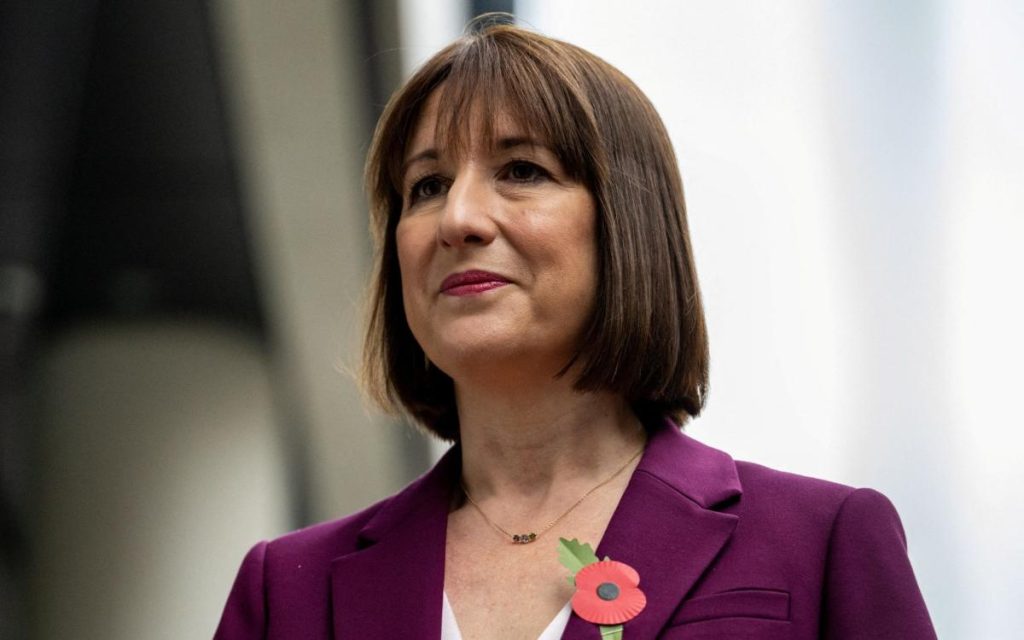
Rachel Reeves’s tax raid risks turning high streets into “ghost towns” for much of the week, as pubs, restaurants and shops prepare to shut earlier and open on fewer days.
Retail and hospitality chiefs said they were actively looking at reducing opening hours in response to Ms Reeves’s decision to raise employers’ National Insurance contributions.
It raises fears that the Budget will worsen problems for Britain’s high streets and leave town centres largely shuttered outside the busiest shopping days of the week.
Luke Johnson, the chairman of bakery chain Gail’s, said Ms Reeves’s decision to raise the cost of doing business “only adds to the decline of town and city centres”.
The Night Time Industries Association (NTIA), which represents bars and clubs, warned that four in 10 of its members were at risk of closing down within six months.
Michael Kill, the industry group’s chief executive, said: “The autumn Budget has effectively signed a death sentence for many night-time economy businesses across the UK. This sector is being pushed to the brink.”
Andrew Goodacre, chief executive of the British Independent Retailers Association, which collectively represents 8,500 shops across the country, said: “Our members have already told us they will be forced to reduce staff hours, reduce the number of employees and reduce the trading hours.
“In short, the Budget has made the revitalisation of high streets, a key mission for this government, very much harder.”
Labour promised to “breathe life” back into the high street in its manifesto, suggesting it would shake up the property tax system to help support small retailers.
However, Andrew Griffith, the shadow business secretary, said: “Having spent the summer trash-talking down consumer confidence, Labour’s tax rise Budget means the only way hospitality businesses can balance their books is with fewer hours, fewer staff or both.
“That’s going to leave our high streets like ghost towns many nights of the week. It’s only been a few months yet under Labour the lights are literally going out.”
The Chancellor last month announced an increase in the rate of National Insurance contributions paid by employers, from 13.8pc to 15pc, and also lowered the threshold at which companies become liable to pay the tax.
Ms Reeves separately increased the national minimum wage from £11.44 to £12.21 an hour. All changes are due to come into force next April.
Hospitality and retail chiefs have argued that the changes disproportionately affect their businesses, which employ large numbers of people on low wages. Bosses argue that these roles are often many people’s first jobs and offer valuable experience in work.

